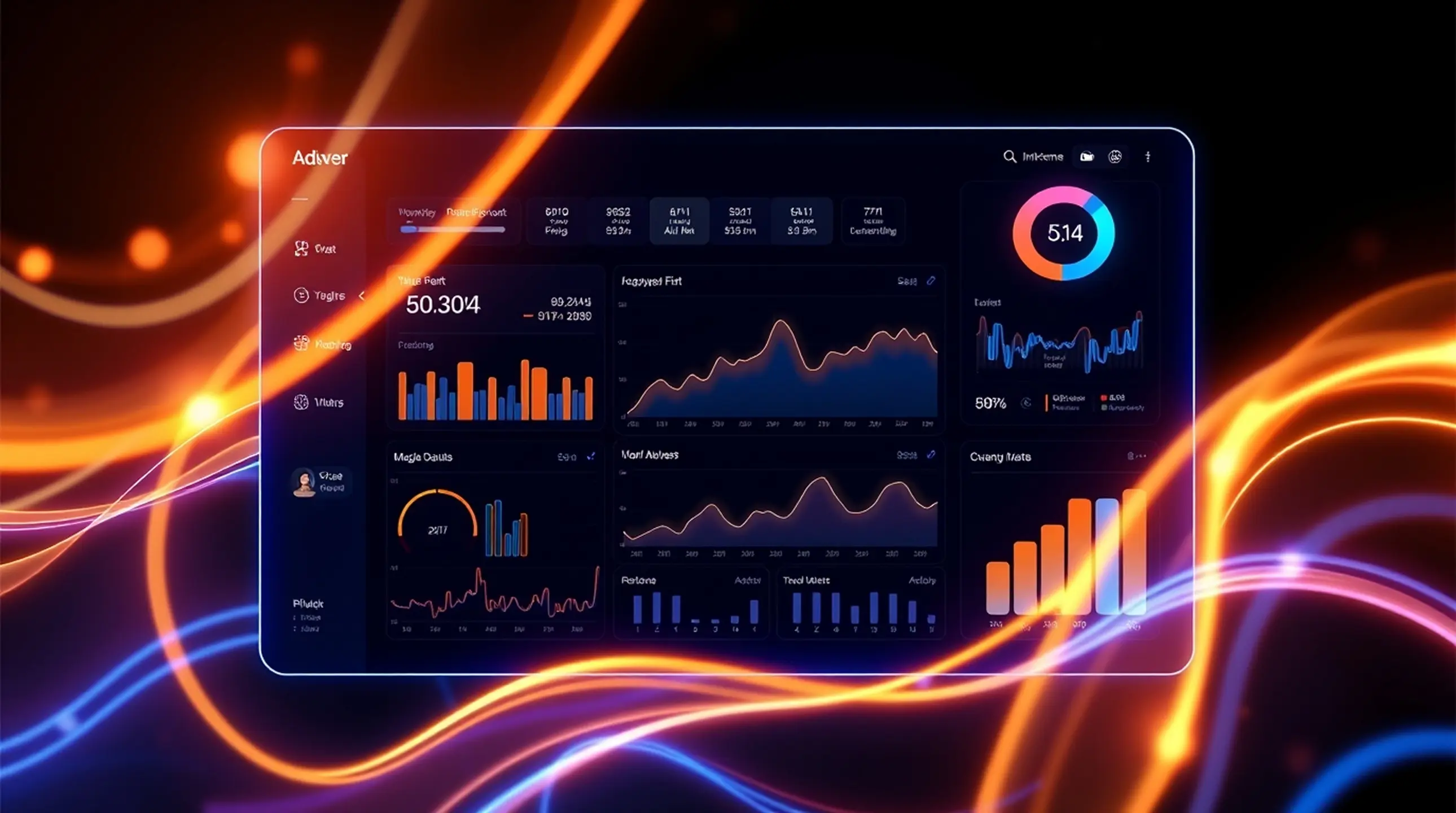Effective water resource management hinges on a precise understanding of the water balance within a region's hydrological system. However, a significant and often overlooked challenge arises from **unmetered water concessions** – permits granted to private entities to abstract water directly from sources without instrumentalization. This absence of data creates a critical blind spot in the water balance, compromising the accuracy of reserve forecasts and the equity of rationalization policies. The sheer complexity of this data void makes **Artificial Intelligence and advanced inferential modeling** indispensable for transforming this problem into an opportunity for innovation.
At Zyllica, we apply an approach of inferential and strategic intelligence to bridge the data gap. Our methodology transforms the problem of unmetered concessions into a powerful asset for more precise management. Our approach includes Intelligent Consumption Estimation using statistical and Machine Learning models, Remote Monitoring with low-cost proxies like satellite imagery, and Strategic Audits for targeted field verification to calibrate and improve our models.
Implementing an intelligent strategy for unmetered concessions offers profound benefits for water authorities. It leads to a more accurate water balance by intelligently estimating consumption, fairer and more effective rationalization policies, and a strong, quantitative argument for strategic investments in direct instrumentation. Ultimately, our solutions empower authorities to make informed decisions and build a framework for truly proactive governance.
Contact Zyllica's Science Team to discuss how AI can unlock your hidden water data and empower truly proactive management.
More Thought-Provoking Insights

Water scarcity is a global challenge. This article explores how AI can transform traditional, reactive water management into a proactive and predictive science, enabling intelligent consumption rationalization and ensuring a sustainable water future.

Effective water resource management is hindered by unmetered water concessions. This article explores how AI and advanced inferential modeling can transform this critical blind spot into a powerful asset, enabling authorities to make informed decisions and achieve a more complete water balance.

Industrial operations are vital for economic growth, but often have a significant environmental footprint. This article explores how AI and advanced analytics can revolutionize industrial emission control, transforming it from a reactive necessity into an intelligent, optimized, and highly effective operational advantage.